the problem
|
The continued existence of some of our native fish species in Harney, Grant, and Malheur counties is threatened. Learn about how we can keep our fisheries around for generations to come.
Booming populations of introduced, non-native fish are a problem. Too much competition for food, lack of riparian (streambank) shade and cold water, and cross-breeding with introduced fish make it difficult for native fish to survive. |
|
IMPORTANT REMINDER: DON'T MOVE FISH
NON-AUTHORIZED TRANSPORTATION OF FISH BETWEEN WATERWAYS IS ILLEGAL, CAN CAUSE ECOLOGICAL HARM AND CREATES COSTLY REMOVAL PROJECTS. SPENDING TIME AND MONEY TO REMOVE UNWANTED FISH MEANS THAT LESS MONEY IS AVAILABLE TO ENHANCE EXISTING FISHERIES AND IMPROVE RECREATIONAL OPPORTUNITIES. |
what you can do
|
Angling? Know your fish species – what species to keep and what species to release. And don’t transport fish between waterways: it’s illegal and creates costly removal projects.
Check Oregon fishing regulations and visit myodfw.com to find out more. |
|
Manage cattle or livestock? Use best management practices to ensure healthy stream conditions and production needs are both met.
|
|
Own or use streamside property? Think about ways you can keep your streams cold and well-shaded. Talk to your local Soil and Water Conservation District for assistance.
|
|
Use trails or camp on public and private lands? Stick to established trails and give lakes and streams plenty of room when setting up camp. Find out what to Know Before You Go at www.fs.fed.us.
Learn more about trout species in Oregon! Take the Help Native Fish Quiz to test your knowledge.
With your help we can work towards a future where native fish thrive as part of a healthy ecosystem that offers top-notch angling opportunities and lasting cold water habitat. |
AboutThe Help Native Fish educational materials were created in 2018 to raise awareness about what people who live, work, and recreate near riparian areas can do to help native fish. Currently the materials have been implemented throughout Eastern Oregon.
Our teamThe Technical Advisory Committee of the Malheur River Working Bull Trout Group includes Oregon Department of Fish and Wildlife, Bureau of Reclamation, US Fish and Wildlife Service, the US Forest Service, and the Burns Paiute Tribe. The Technical Advisory Committee is coordinated by the Burns Paiute Tribe Natural Resources Department.
|
Questions about what you can do or want to learn more?
Contact the fisheries manager at the Burns Paiute Tribe by using the contact form below. |





